“I think you can do for age bias what I tried to do for women in the workplace 10 years ago with Lean In. It’s fantastic.”
In a huge vote of confidence for Noon — which only launched on International Women’s Day 2021 — she praised our crusade to highlight the issues that women face in midlife. She said Noon founder Eleanor Mills is “…an amazing woman, doing amazing things, who has launched a new platform to empower women in midlife”.
Click to watch the video
“I’ve been speaking about women for a really long time, but I have not spoken about midlife women, I’m 51, I’m first getting to that phase myself — although someone did tell me that I was middle aged at Facebook once I hit 35.”
How Noon worked with Sheryl and Lean In
Sheryl personally asked her global organisation for women Lean In to conduct a poll with Noon about how women feel they are treated in the work place as they age. Here are the questions and the answers which we revealed on the Facebook Live. 75% say workplaces hold women to a higher standard than men. 76% say women who do well in business tend to fit into masculine behaviour norms. When you look forward in your career, do you think being an older woman will count for or against you? 71% say they they think it will count against them. Half say they have experienced ageism and sexism during menopause.
What you say about ageism at work
More striking were some of the comments made by women who took the survey. They reveal a wide sense of concern about growing older as a woman at work. These comments are representative of the many thousands we were sent:
- “No discussion about the potential of women over 50”
- “I am simply left out as if it’s not worth asking me”
- “When I stopped dyeing my hair I got comments like ‘Wow, you really are old’”
- “I’m afraid to talk about menopause at work in case I am judged”
- “In almost 40 years of working in the financial markets I’ve never had a female boss”
- “Still feels like we can have either kids or a career, never both. I tried and burnt out.”
- “I fear the societal power of gender stereotypes, especially as I age”
- “Any man who applied for promotion would get it no matter how bad they were.”
Sandberg was particularly struck by the 75% of women in the survey who said they felt that women were held to a much higher standard than men.
Where ageism meets sexism and racism
“Those numbers are striking,” Sandberg said: “75% is a lot of a per cent right. And what we know is that in the workplace, women are always held to a different standard. But other factors exacerbate that. There is all the race bias, there is all the gender bias: woman of colour are treated by far the worst in the work place, because those biases overlap. What you are adding in is another dimension we do know that women get older, we have always been held to a different standard than men, but as we get older those challenges are exacerbated. I know that’s true of Silicon Valley, I work in an industry that worships the young. And I think that will continue to be true, so the voice you are bringing to this important issue is so crucial.”
What we know is that in the workplace, women are always held to a different standard. But other factors exacerbate that. There is all the race bias, there is all the gender bias: woman of colour are treated by far the worst in the work place, because those biases overlap. — Sheryl Sandberg
Sandberg agreed with Noon that there has not been enough of a conversation about what happens to women as they age at work – how midlife for women is the intersection of ageism and sexism.
What kind of problems has she personally come across? “I’d echo what you said about the value senior women bring to organisations.”
Recent Lean In/McKinsey research shows that senior women are nearly twice as likely as men to mentor and sponsor other women, particularly women of colour and contribute hugely to workplace culture. “Forbes has just recently produced a 50 over 50 list – Nancy Pelosi, karmala Harris… these women are changing industries. This is typically a time when women are transitioning from care-taking to taking their own careers into their own hands. We know that women are more likely than men to sponsor and mentor women. That women are more likely than men to advocate for gender and racial equality, but most organisations are led by older men, so the bias that women face deprives organisations of the leadership they need.”
Senior women are seen as less likeable
Women face a double whammy as they get older and more senior, Sandberg says. “The data is really clear that as men get more senior and successful they are better liked, as women get more senior, more successful more powerful they are less liked. You look at boys and girls playing in the playground, and girls are called bossy and boys are not. In order for everyone to think that a woman is yelling all she has to do is not whisper. Women are seen as more aggressive, more assertive, with a very narrow band.”
Looking very serious, she said: “Whereas very few men are told they are too aggressive at work, women are told that…constantly.”
What Lean In discovered about Covid and working women
She discussed with Noon the fallout from Covid and how it has disproportionately hit women: “The pandemic has been a disaster for women, they are leaving the workplace in droves, in the fall Lean In found that 25% of women are considering downshifting or leaving because of burnout. Since February 2020 women have lost 5.3 million jobs, 2.5 million women have left the work force in the US and women workplace participation has gone back to where it was in 1988. Women are being hit by the second shift during the pandemic.”
What was pandemic like for Sheryl and women in America?
Eleanor: “You’ve been locked down with five teenagers during the last year. What was that like?”
Sheryl: “Well, four teenagers and one eight year old – yeah. Women do the great majority of the care giving, right. Women always worked a double shift. Now it’s a double, double shift, right now. Women are working 71 hours a week in caregiving and house work, which is 21 hours more than the average man. 21 hours a week is half a full time job. So we know that this is hitting women harder and senior women harder, they are more likely to have elders in their life to take care of.”
Eleanor: “When we last spoke for International Women’s Day 2020 in Silicon Valley, you were telling me how you had just got together with your new fiancé after the tragic death of your first husband. How has it been?”
Sheryl: “We’ve had some tragedy, we lost his cousin early on in the pandemic to Covid. Um, but we’ve been healthy ourselves, he was away – but we weren’t able to get together for a family funeral. We are not a family which is untouched by this. But we know how lucky we are. We had jobs and employment and didn’t have to worry about paying the bills, we definitely spent a lot of time as a family, we’ve really become a family, the seven of us in this. And we have tried to do our part to make sure we were helping the larger community. …”
How the pandemic has affected the Noon community
The pandemic has been hard for everyone and it has certainly made much of the NOON community fear for their own jobs. So far there is not enough of a conversation around older women and how they are being hit disproportionately and what their issues are.
There was huge disquiet in our survey around women and ageing and what will happen to their prospects – there is beginning to be a conversation around menopause here in the UK. But in reality that is the tip of the iceberg – there is divorce, bereavement, redundancy, elderly parents, empty nests, ill health – unhappiness peaks at 47. And there is no conversation around this. If we are going to get the leaders of tomorrow we really need – the women – then businesses have to understand what these women are dealing with and keeping them on track.”
The impact of being female on your CV
“We know there is bias against women, we know there is a bias against motherhood, if you have two resumes and one mentions the PTA, they get 80% less call back. Fathers are seen as more responsible, but when people become mothers they are seen as less dedicated. No one says to a man, you are about to have a baby, are you sure you want that job? But when you are walking around pregnant… well certainly in my experience they were going “Are you sure you are coming back? Don’t you want a break? Other than carrying a baby, why should it be more of an impact on a woman than a man.”
There has been lots of talk about racism, sexism…ageism is the last diversity-protected quality that affects everyone. We need to focus on it. We need to have this conversation – and we need to make the argument about why these women are so necessary in an organisation.
Older working women have the money
They are also a really important financial cohort, they control a huge amount of wealth, but they are not being recognised as that. At 50 I don’t feel old – if we are going to live for 100 years we are only half way through. We need to put a different lens on women at this point, in the way Sandberg did with the Getty Foundation and women in business and changing the way they are portrayed. We need to change the narrative around women in the later stages of life to something more reflective of their real lives and more helpful.
“I really agree,” says Sandberg. “I also think we need some policy changes at the company level, at the state level, the UK has better policies than the US, but not every company does the right job. We need equal pay, affordable child care across the board, we need comprehensive paid family medical in the US and we need companies to recognise that. We need leave when we are older to take care of ageing parents – I feel very lucky my parents are in their mid 70s young and healthy, but I have lot of friends whose parents need taking care of. I just got off the phone with a woman who was in the emergency room with her mom, and she needs to be there. She actually works at Facebook, but she is there and I am glad she is there, she needs to be there. We need those leave policies to support us.”
Elder care is a particularly important issue; only 30 per cent of university-educated Generation X-ers have children, but we all have parents who will need our help as they age. Noon is so grateful that Sheryl is backing our campaign to shine a light on the issues older women are facing. Midlife is not where women become invisible, it is a point of opportunity of reinvention, a time to revisit our earlier dreams.
Noon is awash with stories of women going back to study, found businesses, explore their creativity and finding fulfilment. We need a new media narrative around these women, what they are capable of and what their lives are really like. It is the last bastion of feminism.
“We wish you luck with this great campaign you are embarking on…” Sheryl says. “Eleanor, you are right that we are just getting started – and you, you are just getting started. Good luck! This is so important, the voice you are bringing to this important issue is so important. Thank you for your leadership, here and for raising this important question. Thank you so much!”
work
View All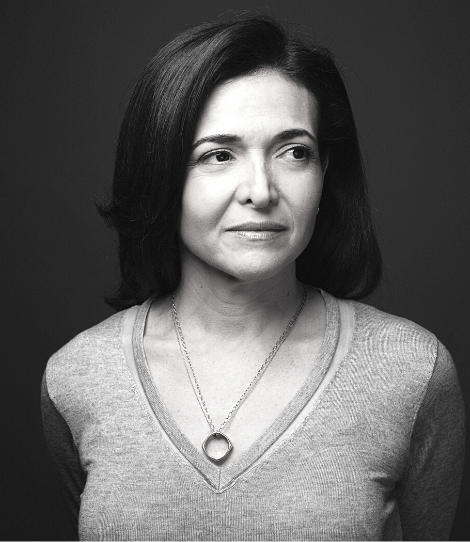
Picture:John Lee
Sheryl Sandberg talks to NOON about midlife pinch points
Sheryl Sandberg, the Facebook COO, talks to NOON founder Eleanor Mills about pinch points in midlife.

Picture:Getty Images
Coming back from a career break: A lawyer’s story
Coming back from a career break is a common experience for women in midlife. A lawyer describes how she did it.
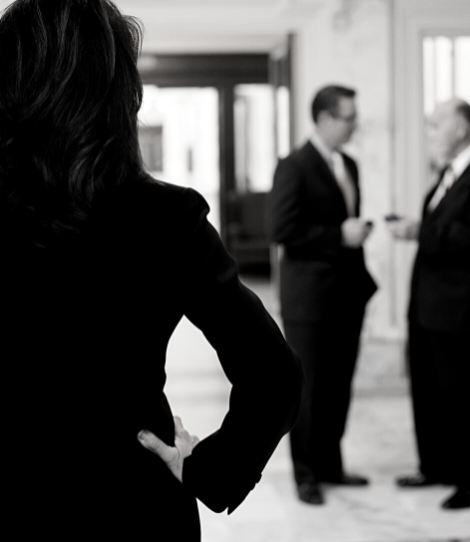
Picture:Getty Images
Why senior women matter
Having more women in senior positions not only improves diversity, it lifts up other people too, writes Eleanor Mills
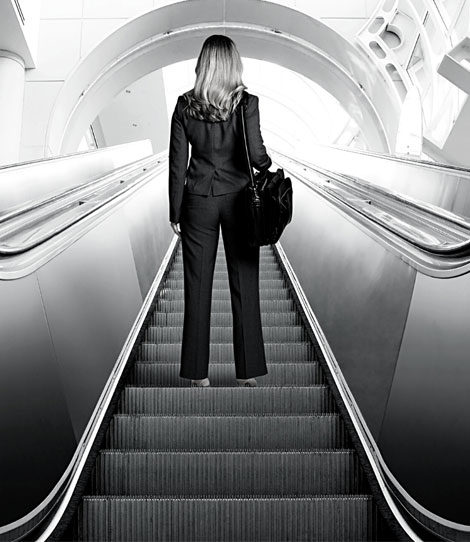
Midlife reskilling is a revolution we need
The government’s reskilling initiative is perfect now that we’re all reconsidering returning to our old lives.
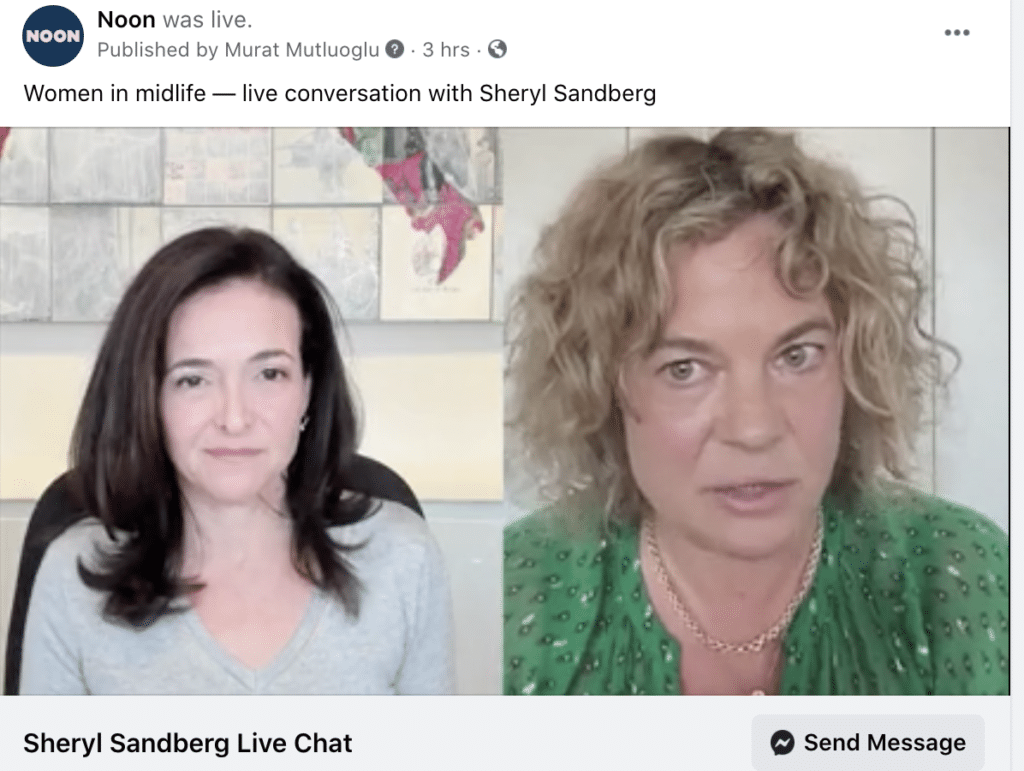
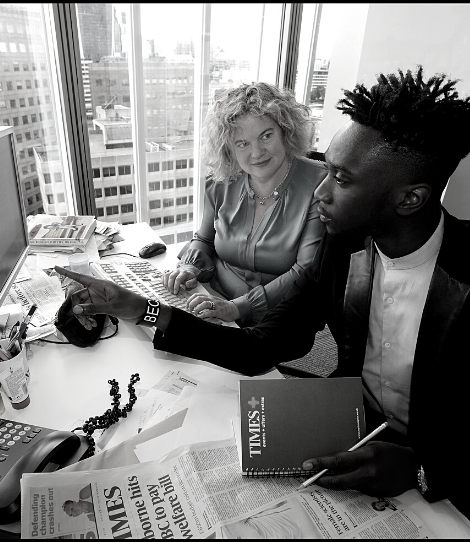
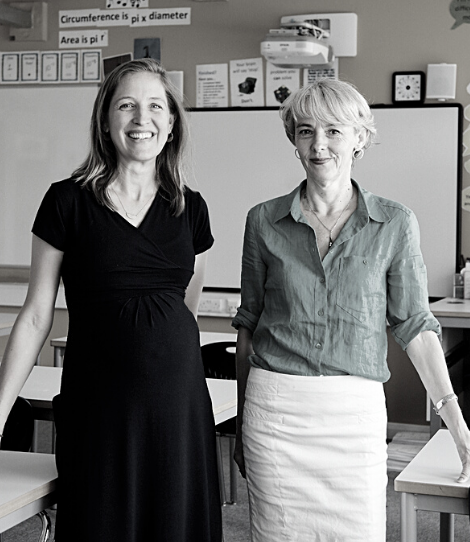

Elenor Mills is not credited enough on the content of this article
Sorry to be crabby here but how many older women did Sheryl hire at Facebook
What an amazing story, Mirela. And very cool!